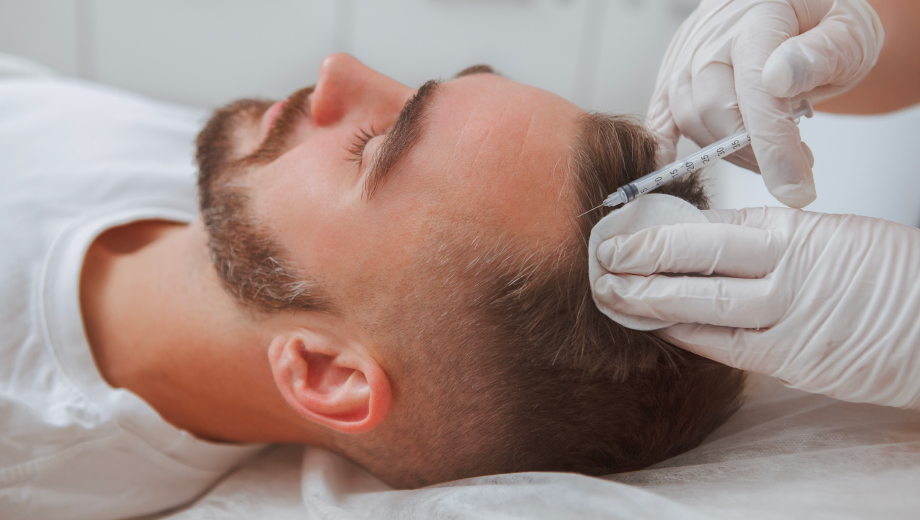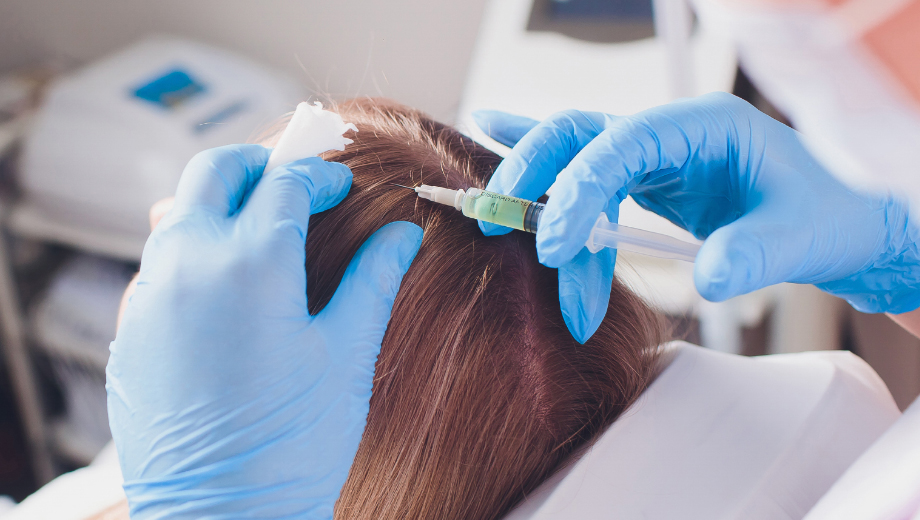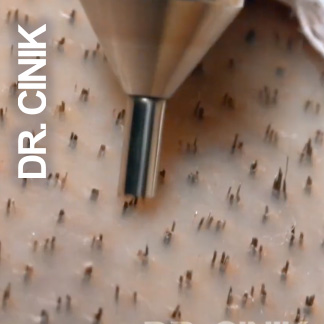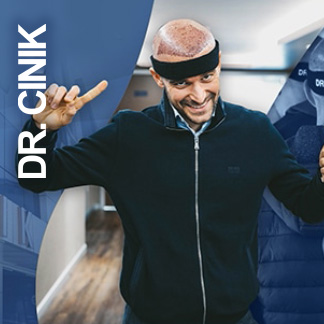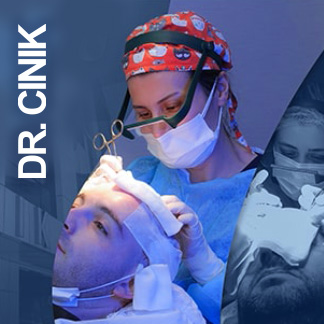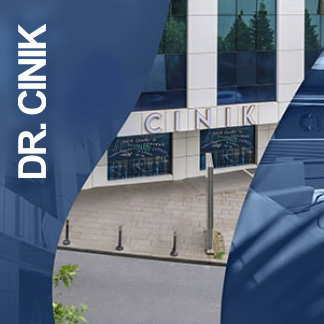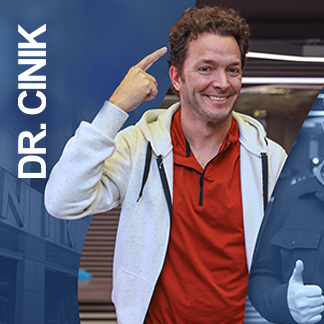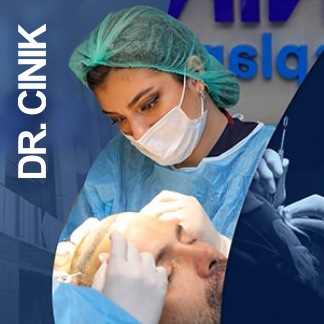
PRP Hair Treatment
Thickens existing hair
Effectively combats progressive hair loss
100% natural treatment with no risks
+ 20 YEARS OF EXCELLENCE
GLOBAL LEADER
NATURAL RESULTS
THE PRINCIPLE OF PRP TREATMENT (PLATELET-RICH PLASMA)
PRP (Platelet-Rich Plasma) treatment represents a significant advancement in the fight against hair loss and alopecia. This regenerative therapy uses the patient’s own biological resources to stimulate hair growth.
The principle is remarkably straightforward and effective: blood platelets, genuine concentrates of growth factors, are isolated from the patient’s blood and then precisely reinjected into the scalp. These growth factors act as powerful biological stimulants that awaken dormant hair follicles and strengthen weakened ones.
This treatment offers considerable advantages:
- 100% natural – using only your own cells
- Biocompatible – no risk of rejection or allergic reaction
- Safe – endorsed by numerous clinical studies
- Versatile – effective alone or as a complement to hair transplants
Particularly recommended after a hair transplant, PRP directly stimulates the hair follicle stem cells, significantly accelerating regrowth and optimising final aesthetic results.

HOW DOES PRP TREATMENT WORK?
A precise medical process in several stages
PRELIMINARY CONSULTATION
The first step consists of a thorough assessment by our specialists. This crucial consultation allows us to analyse your hair situation, verify your medical history and rule out possible contraindications. It also establishes a personalised treatment plan adapted to your specific needs.
BLOOD SAMPLE
A sample of your blood is taken as in a standard blood test. This small quantity (generally 20-60ml) is sufficient to obtain the platelet concentration necessary for treatment. This quick and minimally invasive step is performed under optimal hygiene conditions.
CENTRIFUGATION AND PRP PREPARATION
The blood sample is placed in a specialised medical centrifuge that separates the different blood components. This process isolates the platelet-rich plasma from red blood cells and other elements. The PRP obtained has a platelet concentration 5 to 10 times higher than normal blood.
INJECTION INTO THE SCALP
After applying local anaesthesia to ensure your comfort, the PRP is precisely injected into your scalp using very fine micro-needles. The injections are strategically distributed across all areas to be treated, ensuring optimal distribution of growth factors.
FOLLICLE ACTIVATION
Once injected, the PRP releases its growth factors which stimulate blood microcirculation and activate stem cells present in the hair follicles. This biological process triggers a cascade of regenerative reactions that promote hair strengthening and growth.
FOLLOW-UP AND COMPLEMENTARY SESSIONS
For optimal results, several sessions are generally necessary. Our team establishes a personalised schedule, typically 3 to 5 sessions spaced a few weeks apart. Regular follow-up allows us to assess your response to treatment and adjust the protocol if necessary.
THE COST OF PRP HAIR TREATMENT
Exclusive advantage: PRP treatment is systematically included in all Dr Cinik’s hair transplant packages, highlighting the importance of this complementary therapy for optimising the results of your hair restoration.


Our team of experts analyses your situation and offers a bespoke solution.
WHY HAVE YOUR PRP HAIR TREATMENT IN TURKEY?
Turkey has established itself as a world reference in the field of hair care, offering a unique combination of advanced medical expertise and accessible rates.
By choosing Dr Cinik’s clinic in Istanbul for your PRP treatment, you benefit from the expertise of a specialised medical team using state-of-the-art equipment and protocols optimised by years of experience with thousands of international patients.
The economic advantage is considerable: the cost of PRP treatment in Turkey is generally 60 to 70% lower than in the UK, for equivalent or superior quality of care. This accessibility allows you to consider a complete programme of several sessions, thus maximising your results.
Dr Cinik systematically integrates PRP treatment into all his hair transplant packages, recognising its significant impact on the quality of results. This combined approach represents a considerable advantage for optimising your hair restoration.

OUR VIDEOS
FREQUENTLY ASKED QUESTIONS ABOUT PRP TREATMENT
SHOULD I OPT FOR SCALP MESOTHERAPY OR PRP TREATMENT?
The choice between scalp mesotherapy and PRP primarily depends on your specific hair situation. Hair mesografting is generally recommended for more advanced alopecia (up to stage 3 on the Hamilton scale for men and stage 2 on the Ludwig scale for women). It uses the patient’s stem cells for deeper tissue regeneration. PRP, meanwhile, is particularly effective for mild to moderate alopecia and as a complementary treatment after a transplant. In many cases, these two approaches can be combined for synergistic results. Laser hair therapy for hair loss can also be an excellent complementary treatment alongside PRP, working to stimulate circulation and cellular activity within the scalp. During your consultation, our specialists will precisely assess your situation and recommend the solution best suited to your specific needs.
ARE THERE ANY CONTRAINDICATIONS?
Although PRP treatment is generally very safe, certain medical conditions constitute contraindications. The treatment is not recommended for people suffering from blood clotting disorders, autoimmune diseases, active skin infections of the scalp, or certain forms of cancer. Patients on anticoagulant or antiplatelet therapy should consult their GP before considering PRP treatment. Pregnancy and breastfeeding are also temporary contraindications. Uncontrolled diabetes may compromise the effectiveness of the treatment and constitutes a relative contraindication. During your preliminary consultation, a complete medical assessment will identify any potential risk factors and determine if PRP treatment is appropriate in your case. If PRP is contraindicated, laser hair therapy for hair loss may be a suitable alternative for many patients, as it tends to have fewer contraindications.
IS IT NECESSARY TO REPEAT THE PROCEDURE?
Yes, renewing PRP treatment is essential to obtain and maintain optimal results. The standard protocol generally includes 3 to 5 initial sessions, spaced 4 to 6 weeks apart. This series of treatments establishes a solid foundation for hair regeneration. After this initial cycle, periodic maintenance sessions are recommended, typically every 6 to 12 months, depending on your individual response to treatment and the evolution of your hair situation. This progressive approach, maintained over time, allows for the best possible results in terms of density, quality and preservation of your hair capital. Many of our UK patients combine these maintenance sessions with laser hair therapy for hair loss for enhanced results. Your exact programme will be personalised according to your individual assessment and adjusted over time based on your results.
IS PRP TREATMENT PAINFUL?
PRP treatment is generally well tolerated and causes minimal discomfort. The blood sampling phase is comparable to a standard blood test. For the injection phase into the scalp, we apply local anaesthesia in the form of cream or cooling spray that significantly minimises sensation during injections. The majority of patients describe a slight feeling of pressure or tingling during the procedure, but rarely significant pain. After treatment, temporary scalp sensitivity may persist for a few hours, but generally disappears quickly without requiring pain relief. Our medical team takes all necessary precautions to ensure your comfort throughout the procedure.
HOW LONG DO THE EFFECTS OF PRP TREATMENT LAST?
The effects of PRP treatment are not permanent but can be maintained long-term with an appropriate protocol. After the initial cycle of treatments, positive results generally last for 12 to 18 months. However, as the androgenetic alopecia process is progressive and continuous, regular maintenance sessions are necessary to preserve the benefits obtained. These booster sessions, usually scheduled every 6 to 12 months, allow results to be extended and optimised over time. It’s important to understand that PRP doesn’t permanently stop the genetic process of alopecia, but significantly slows it down and maintains satisfactory hair density and quality much longer than without treatment. For maximum efficacy, some patients complement their maintenance programme with laser hair therapy for hair loss between PRP sessions, which has proven rather effective for maintaining results.
Our specialists will analyse your specific situation and propose a tailored PRP protocol, either alone or as a complement to other hair solutions, including laser hair therapy for hair loss where appropriate.

Thicken your hair with an effective and natural treatment
PRP (Platelet-Rich Plasma) treatment has established itself as a reference in the field of regenerative hair medicine. This therapeutic approach uses the patient’s own biological resources to stimulate hair growth and effectively combat hair loss.
A treatment systematically offered to our patients
Dr Emrah Cinik’s clinic systematically incorporates PRP treatment in all its hair transplant packages, recognising its significant impact on the quality and speed of results. This complementary therapy optimises the integration of transplanted grafts and considerably accelerates post-operative regrowth.
PRP acts as a true biological accelerator that:
- Stimulates vascularisation of the scalp
- Provides an ideal nutritive environment for follicles
- Triggers tissue regeneration processes
- Extends the active growth phase of hair
The scientific mechanisms of PRP
The effectiveness of PRP treatment is based on well-established and scientifically documented biological principles. Long used in sports medicine and reconstructive surgery, this therapy exploits the regenerative power of blood platelets.
Platelets contain more than 30 different growth factors which, once released into the scalp, trigger:
- Angiogenesis – formation of new blood vessels improving follicle nutrition
- Cell proliferation – multiplication of hair follicle cells
- Inhibition of apoptosis – reduction of programmed cell death
- Modulation of DHT – limiting the impact of the hormone responsible for androgenetic alopecia
An ideal complementary treatment
PRP has the considerable advantage of being usable in synergy with virtually all other hair therapeutic approaches:
- As a complement to a transplant – optimisation of results and acceleration of regrowth
- Combined with mesotherapy – mutual potentiating effect
- In association with drug treatments – synergistic effect with minoxidil
- Alternating with laser hair therapy for hair loss – multi-modality approach for maximum effectiveness
When combined with laser hair therapy for hair loss, PRP treatments offer a comprehensive approach that addresses multiple aspects of hair regeneration. The laser therapy works at the cellular level to enhance metabolic activity and improve circulation, whilst PRP delivers concentrated growth factors directly to the follicles.

The difference at Dr Cinik’s clinic
Our approach to PRP treatment is distinguished by several aspects:
- Optimised enrichment protocol to maximise platelet concentration
- Advanced injection technique precisely targeting the ideal depth of the scalp
- Perfected platelet activation for controlled release of growth factors
- Personalisation of treatment according to your specific hair profile
- Integration with complementary therapies including laser hair therapy for hair loss where appropriate
Dr Cinik and his team possess vast experience in administering capillary PRP, having treated thousands of patients with varied profiles, including many from the UK. This unique expertise allows us to offer superior results, with an optimised protocol that maximises the benefits of this innovative therapy.
Choosing our clinic for your PRP treatment means opting for medical excellence and therapeutic innovation in service of your hair capital. Many of our UK patients find the combination of quality care and cost savings make the journey to Turkey quite worthwhile indeed.







